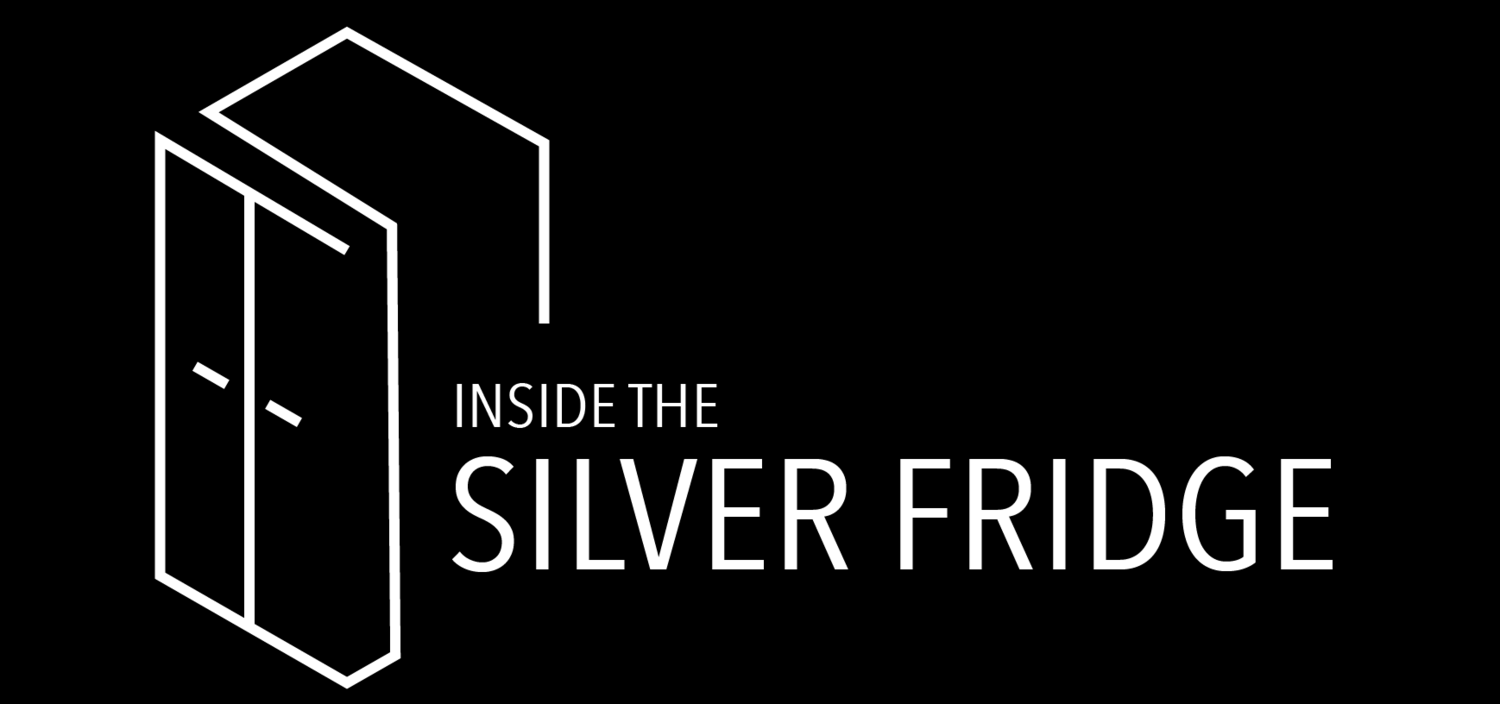Where Did All the Difficult Patients Go?
/By Eric Warm
When I was younger I encountered many difficult patients. But now, they seem rare to me.
Where did they go?
In academic half-day this week, residents and students engaged several difficult patients during an improvisation workshop.
We met the IV drug user who was having terrible pain, a person who felt that simvastatin caused toe pain, a pan-positive review-of-systems patient who could not give a linear history, an angry patient who brought numerous internet print-outs claiming the doctor was ignorant and tried to harm them, a demander-rejecter (someone who wants to feel better but refuses all suggestions to change behavior), a patient who wanted antibiotics for a viral illness, and a family who erupted into a fight at the bedside of a critically ill parent when the wayward son from California flew in at the last minute and wanted to change everything that had been decided.
Do you recognize some of these patients?
How do they make you feel?
Dealing with difficult patients starts with being metacognitive. After the interaction, ask yourself: how did that go? What am I feeling? What could I have done to avoid predictable conflict? Could I do it better next time?
And then seek out feedback and resources to help you (there are many).
Or, you can have the same conflicts and resultant negative feelings for your career.
Last week I was paged just after sitting down to dinner with my family. I stood up from the dinner table, walked across the room, and took the call. The patient was angry. She screamed that no one was helping her and that the entire medical profession, especially her medical team, were incompetent and purposefully neglecting her.
After w few minutes of this I I gave her my best advice, and eventually we came up with a plan for the night.
I sat down and started eating dinner again. My family was looking at me incredulously. Apparently the patient was yelling so loudly they heard it from my cell phone.
“How did you remain so calm?” they asked. “She was so mean!”
My first year in practice I would probably have had trouble eating dinner without obsessing over the call. Now, my emotional response ended with the call. She had a problem and was looking assistance. Anger was part of her problem, and I tried to help her.
Perhaps this is wisdom.
As an educator, though, I know that if the old me had told the young me this story, the lesson would not have stuck. We can only do so much in the academic-half-days of the world.
Experience (with reflection) is the best teacher.
Hopefully this was the lesson the students and residents took home.
